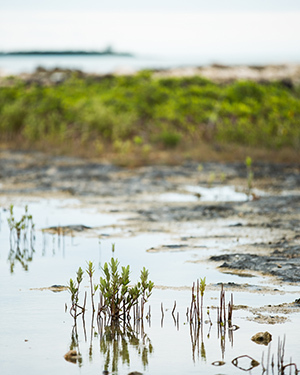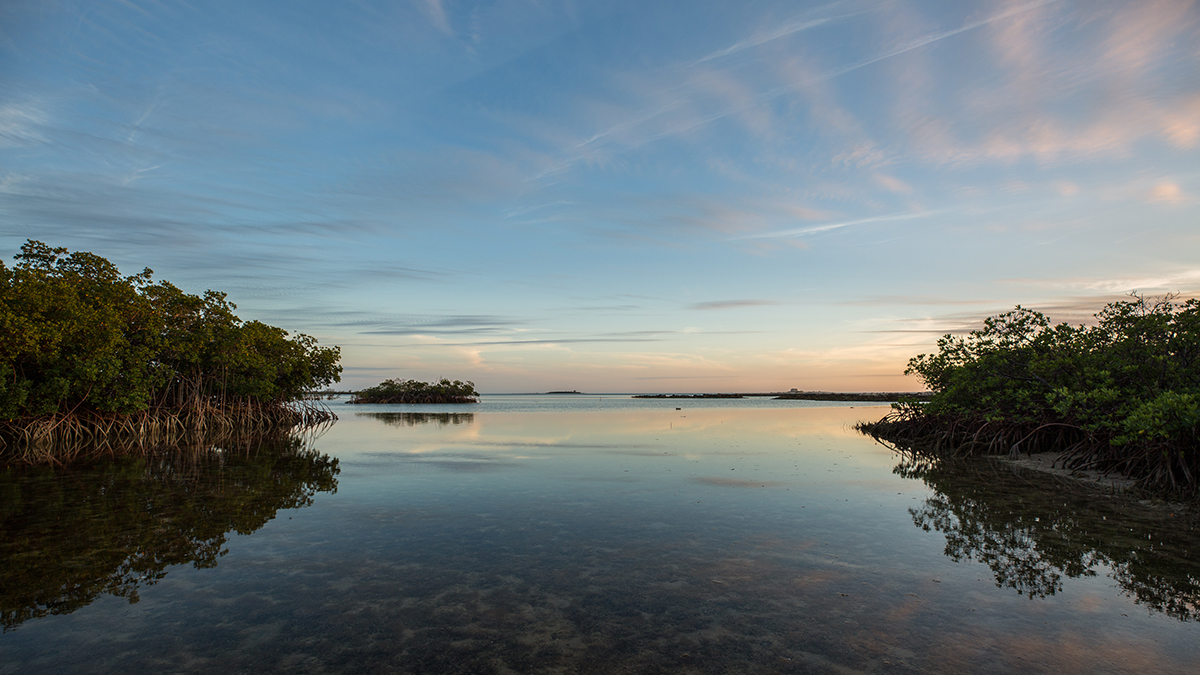
By Joe Otin, past district governor of Rotary District 9212 (Eritrea, Ethiopia, Kenya, South Sudan)
It’s no wonder that rivers have a special place in art, music, and legend. The founders of mighty cities secured foundations mostly where the life blood of mother nature offered a continuous supply of refreshment. Primitive societies worshiped rivers for the same reason – they brought a pure supply of the mountain’s offering and booked unwanted waste on a free ride out of town.
Civilization however comes with unavoidable side effects including the incredible burden society places on the very environment that it relies on for survival. With population increase comes thriving agriculture and expansive industry, all of which have traditionally found in rivers an outlet for their waste.
There is a new set of ideas intended to reverse the negative effects of river pollution in the Horn of Africa dubbed Adopt A River Initiative for Sustainable Development. They have been developed by a vibrant network of Rotary clubs in collaboration with the United Nations Environment Programme (UNEP), a worldwide authority on nature. The dynamic duo is keenly aware that previous attempts to restore fresh water sources in this part of the continent have failed miserably.
Problems downstream
The stories are on resident’s lips; those who, at some point, cleared plastic waste at the river cleanup, dug deep into their pockets at the national fundraiser, bought the T-shirt and even watched the movie. They did what they were told would save the rivers. But still the stench concentrated over time and the water turned black and opaque from poisonous levels of nitrogen compounds and fecal matter. What they did down stream, where the pollution was evident, would never really have an impact on the unacceptable dumping occurring upstream.
The second generation farmer aiming to drive up their yield pumps the ground with fertilizers that end up seeping into the river. The property developer seeking to provide housing for workers, builds low cost boarding in an area with inexistent sewage infrastructure; and the effluence from the estate finds its way into the creek. Illegal dumping sites are created by informal businesses and kept out of site in the river valley where the solid waste is carried away during the rainy season.

From Adopt a River projects in the Horn of Africa to restoring mangroves in East Nassau (pictured), Rotary is committed to protecting the environment.
It is incomprehensible to expect that the happy band of volunteer environmentalists who gather downstream every year or so will do more than a little space in the Weekend Edition. There is absolutely no impact whatsoever without comprehensive data that underscores the magnitude of the problem, estimates the extent of the pollution in any given water body, uncovers the sources of waste matter, and identifies the relevant stakeholders.
Adopt A River’s grand plan incorporates Rotary’s ability to mobilize communities and their undeniable experience in joining forces with the corporate world to tackle diverse issues facing society. It also encompasses the incredible knowledge base of the international environmental agency UNEP and its network of development and governmental bodies working together to achieve the Sustainable Development Goals.
Mobilizing communities
The initiative intends to elevate science because tangible improvements require more than rudimentary measures. This includes empowering residents with practical citizen science and encouraging them to conduct community research to shed light on all options that have impact. It is also clear that solving the pollution problem requires a broad base of stakeholders and it is necessary to combine the efforts of many players over an extended duration of time to bring real change.
Within the name of the initiative the word adopt is very deliberate. It signifies an unyielding commitment and parent-like protection of a river that might be abandoned and decrepit. The Rotary clubs that are dotted around the region are selecting portions of the rivers and making these long-term commitments. They have pledged to work diligently with the local communities, private companies and donors to restore the health of their river.
The partnership with UNEP recognizes the need to engage influential leaders who are determined to motivate their peers to engineer a turnaround in environmental degradation. This initiative fits in directly with UNEP’s Freshwater Strategy which is firmly embedded in their mandate to help countries achieve the 2030 agenda for sustainable development. It also encompasses the need to establish within all demographic segments a personal responsibility to support nature.
The journey upstream demands vigor and conviction to take positive steps to restore the everlasting sources of fresh water. Going upstream denotes the use of modern science to tackle the problem. The initiative is going upstream by climbing to the summit of regional and global community, development, and corporate networks. And finally going upstream simply means addressing the root cause of river pollution and tackling it at the source.
For Earth Day 22 April, learn how Rotary is protecting the environment.
Joe Otin is the co-Chairman of the steering committee of Rotary and UNEP’s Adopt-A-River Initiative for Sustainable Development
https://blog.rotary.org/2021/04/22/going-upstream-to-reverse-the-effects-of-river-pollution/

